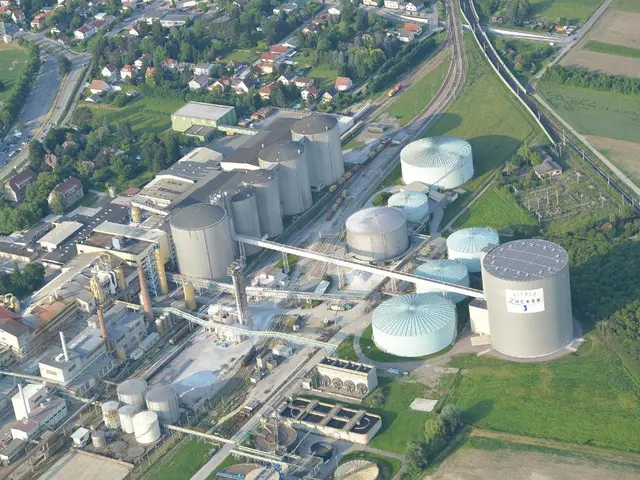Ready to dive into the latest economic plans from the world's second-largest economy? That's right – China is gearing up for an "active" fiscal policy in 2024 with the aim of revitalizing its flailing economy.
After a high-level meeting of the Communist Party of China, it was announced that proactive financial and monetary policies would be implemented to stimulate growth. Following a downgrade in creditworthiness by Moody's, officials were keen to address concerns about structural issues and problems in the real estate sector.
So, what exactly does this "active" fiscal policy entail? Let's break it down:
- Boosting Consumer Spending: To support consumer purchasing power, specific measures were highlighted, such as:
- Trade-in policies for consumer goods (like automobiles and home appliances)
- Increased subsidies for these trade-ins, ensuring discounts reach consumers
- Injecting Cash into the Economy: Large-scale equipment upgrades and infrastructure investments were among the policies aimed at injecting much-needed cash into the economy.
- Stabilizing Exports and Investments: Fiscal measures were also introduced to mitigate the slowdown in export growth, including:
- Investment in major infrastructure projects
- Support for the manufacturing sector with equipment upgrades
- Improving People's Livelihoods: The government focused on tackling issues such as basic pension standards, education, and scholarship policies.
- Fostering New Growth Drivers: Policies also targeted developing technological innovation and talent development in areas like rural revitalization and green and low-carbon development.
The goal of these measures? To stabilize the economy, boost domestic demand, and support investments, all while addressing ongoing challenges such as the slump in the real estate market and enhancing people's livelihoods.
As China faces various economic hurdles headed into 2024, this ambitious plan should definitely catch your attention – even those with a keen eye on global finance!








